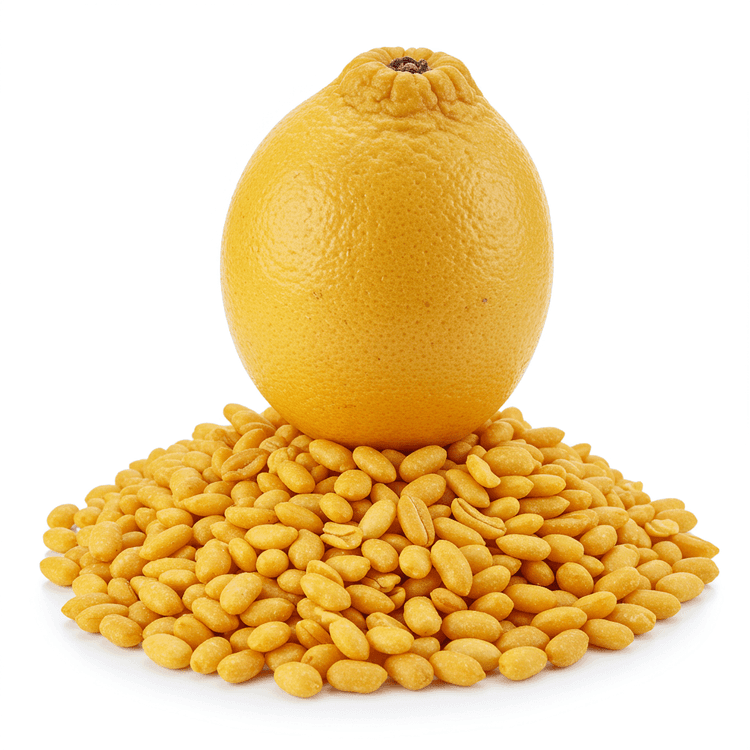
Flour
Flour is a finely ground powder made from grains, nuts, seeds, or roots, commonly wheat, and is a staple ingredient in baking and cooking. It has a neutral flavor and a soft, powdery texture, making it versatile for creating a wide range of dishes. Flour is essential for providing structure and texture in baked goods, from bread and cakes to cookies and pastries. It comes in various types, such as all-purpose, whole wheat, and gluten-free, catering to different dietary needs and culinary applications.
Common Uses
- Used as the primary ingredient in baking bread, cakes, and cookies, providing structure and texture to the final product.
- Acts as a thickening agent in soups, sauces, and gravies when mixed with liquid and cooked.
- Essential for making pasta, noodles, and dumplings, forming the base dough for these dishes.
- Used for coating meats, fish, or vegetables before frying to create a crispy outer layer.
- Incorporated into batters for pancakes, waffles, and crepes, giving them their characteristic fluffiness and structure.
- A key ingredient in pie crusts and pastry doughs, contributing to their flaky or tender texture depending on the preparation method.
Nutrition (per serving)
Nutrition (per serving)
Calories
364.0kcal (18.2%)
Protein
10.3g (20.66%)
Carbs
76.3g (27.75%)
Sugars
0.3g (0.54%)
Healthy Fat
0.5g
Unhealthy Fat
0.2g
% Daily Value based on a 2000 calorie diet
Nutrition (per serving)
Calories
364.0kcal (18.2%)
Protein
10.3g (20.66%)
Carbs
76.3g (27.75%)
Sugars
0.3g (0.54%)
Healthy Fat
0.5g
Unhealthy Fat
0.2g
% Daily Value based on a 2000 calorie diet
Health Benefits
- Provides essential carbohydrates for energy production.
- Contains B vitamins that support metabolism and overall health.
- Enriched flours often include iron, which helps prevent anemia.
- Whole-grain flours are high in dietary fiber, promoting digestive health.
- Can be a source of plant-based protein, supporting muscle repair and growth.
- Low-fat content makes it a versatile ingredient for balanced diets.
Substitutes
Chefadora AI is here.
Experience smarter, stress-free cooking.
Storage Tips
Store flour in an airtight container in a cool, dry place away from direct sunlight to prevent moisture and pest contamination. For long-term storage, refrigerate or freeze flour to extend its shelf life and maintain freshness. Whole-grain flours should especially be refrigerated or frozen due to their higher oil content, which can lead to quicker spoilage.
Marnirni-apinthi Building, Lot Fourteen,
North Terrace, Adelaide, South Australia, 5000
Australia

